The Importance of Teaching is a perfect title
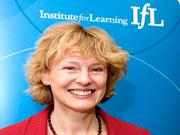
The Importance of Teaching is without doubt a great show-starting title for the latest schools white paper, and the emphasis on teaching has to be right for young people and future generations.
The Institute for Learning (IfL), as the professional body for teachers and trainers across further education, finds many inspiring, high-level principles in the white paper that read across for further education and training for the nation. IfL agrees in particular with the three major principles set out that:
1) No education system can be better than the quality of its teachers.
2) World-class education systems devolve as much power as possible to the frontline, while retaining high levels of accountability … Ofsted inspections need to be re-focused on their original purpose – teaching and learning.
3) The best education systems show that no country that wishes to be considered world class can afford to allow children from poorer families to fail as a matter of course. We cannot tolerate the moral outrage of an accepted correlation between wealth and achievement.
In further education, we are very successful at the third of these principles, and its strong association with fairness, for young people and adults. As the Ofsted chief inspector’s annual report stated, 71 per cent of colleges serving the most disadvantaged learners were judged as good or outstanding.
IfL celebrates the achievements of those colleges and their teachers and trainers. As I said when the Ofsted report was published, a perennial problem for any public service is ensuring that individuals from poor backgrounds have as good a service as those who are more privileged, but further education is exceptional. To provide some context, Ofsted found that maintained schools serving the most deprived pupils performed less well than other schools, with 46 per cent being assessed as good or outstanding in 2009/10.
As for the first two principles, there is a growing consensus among further education policymakers and leaders that these are right. Feedback from teachers and trainers, our members, suggests that they strongly agree with these principles, but sadly they say they do not yet experience them sufficiently in practice. Arguably, further education already has the gold medal for fairness and opportunity, and is on the way to this high standard for ‘teaching being at the heart’ and ‘trust in the professional teachers and trainers’.
The schools white paper sets out much that directly affects teachers of 14 to 19yearolds in further education, and this is where the devil, as well as some more angels, are in the detail.
On the plus side, IfL warmly welcomes that “there is no calling more noble, no profession more vital and no service more important than teaching”. IfL also thinks that rigorous training for teachers at the outset, focusing on professional teaching skills, is vital. We use the term ‘professional teaching skills’ because the essential and rich dynamic of theory and practice and reflection and improvement are highorder professional skills. The emphasis given to ongoing professional development is right.
In further education, we have well-established approaches to in-service training for new teachers for the vast majority of new entrants, as well as for the small minority who train pre-service. IfL assesses and confers the full professional status of Qualified Teacher Learning and Skills (QTLS) – akin to Qualified Teacher Status (QTS) for schools – and Associate Teacher Learning and Skills (ATLS) for those without a full teaching role – and this is always carried out on the job.
Further education already has a professional culture of open classrooms and workshops, and a long tradition of lesson observations by peers and by management that are developmental and do not shy away from identifying areas that are excellent, as well as any that need improvement. Opportunities to plan, prepare and reflect and teach with other teachers exist, but we agree that these should be more widespread. The resourcing within institutions, as well as nationally by funding bodies, needs to build this into modelling, as team planning, teaching and reviewing is a real accelerator of improvements to practice.
IfL, as the professional body, promotes working on continuing professional development (CPD) with other teachers and trainers to develop the most effective practice. Through membership of IfL our e-portfolio for CPD , REfLECT, has been taken up by more than 106,000 teachers and trainers and is designed to encourage sharing with peers. The white paper reports that about two-thirds of schoolteachers’ CPD comprises passive learning, and sitting and listening. This is not the picture in further education and it could not be so. This is because IfL expects each and every teacher or trainer to drive and determine their own CPD, in discussion with their manager and peers, as appropriate.
We see the individual professional teacher or trainer being in the driving seat for their own CPD – just as surgeons and ambulance drivers are, for example – as the very best weapon against the haunting prospect of CPD that is ‘death by PowerPoint™’. Frankly, they just would not drive there.
The white paper states that it is vital that we give teachers the opportunity to deepen their subject knowledge and renew the passion that brought them into teaching. IfL’s early findings for further education teachers’ and trainers’ CPD in 2009/10 show that the majority are investing around double the minimum requirement of 30 hours a year, and that there is a good balance between time spent on subject updating and on teaching methods, as well as a smaller amount of time on local or policy context. We consider that this is just one illustration of IfL members as leading lights, in many respects, for the key ambitions in the schools white paper.
But there are areas of this white paper that cause us concern. A major reservation is that there is no explicit reference to recognition of degree equivalence or good degree equivalence for those experts who may have decades of successful work experience in their discipline, for example in IT or business leadership, but no degree. These are the talented experts such as Dragon’s Den star James Caan or the self-taught chef Raymond Blanc, who we would surely say in their discipline are way ahead of a 21 year-old leaving university with a 2:2 in that area.
The omission of a means of recognising degree equivalence is especially curious, since the white paper makes such a strong commitment to ‘troops to teaching’. It seems to me very odd to prevent the movement into teaching of senior and successful armed forces personnel, who will have had substantial top-rank training on the job, but may not have a degree. Why make the eye of the needle so small?
The principle of having a route for recognising degree equivalence is crucial to those members of IfL who may not have a degree, but who are experts and up-to-date in their subject or vocational area, have completed initial teacher education and gained full professional status of QTLS, as well as kept up to date in teaching methods through their annual and reported CPD. If I were a headteacher, I would like a strong field for teaching jobs, and if a top-notch business leader or chef with brilliant communication skills and with qualified teaching status from further education applied, I would want to be able to consider them for a teaching post. Whether or not I decided to appoint them, I would want to be trusted to choose the best subject or vocational area expert and qualified teacher (whether schools or further education) from the field for the teaching post. There is wide support for this principle.
We urge the government to consider how the many brilliant and qualified vocational teachers in further education holding QTLS can be considered for recruitment to teach in schools, whether or not they hold a good degree, because they have learned at least to that level through another way. The irony is that often these are the further education teachers who are successfully teaching young people on the same kind of courses in a college as those for which the school over the road wants to recruit a teacher.
IfL offers to work with the government to find a practical and rigorous way to have high but inclusive standards for teachers, and to make progress on QTLS being recognised for teaching in school settings.
Toni Fazaeli is the chief executive of the Institute for Learning (IfL), the professional body for teachers, trainers, tutors and student teachers across the further education and skills sector
Read other FE News articles by Toni Fazaeli:
Beyond measure – the long arm of further education
Red letter year for A-level and first ever Advanced Diploma results




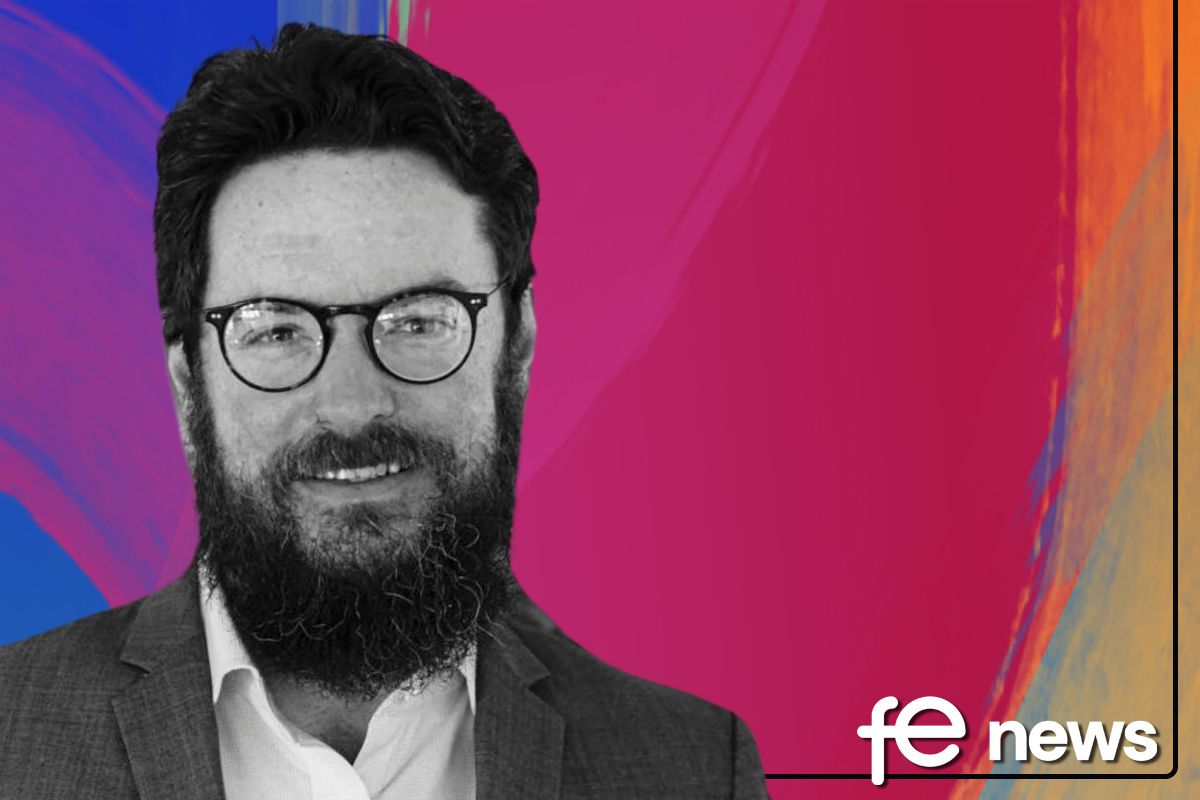
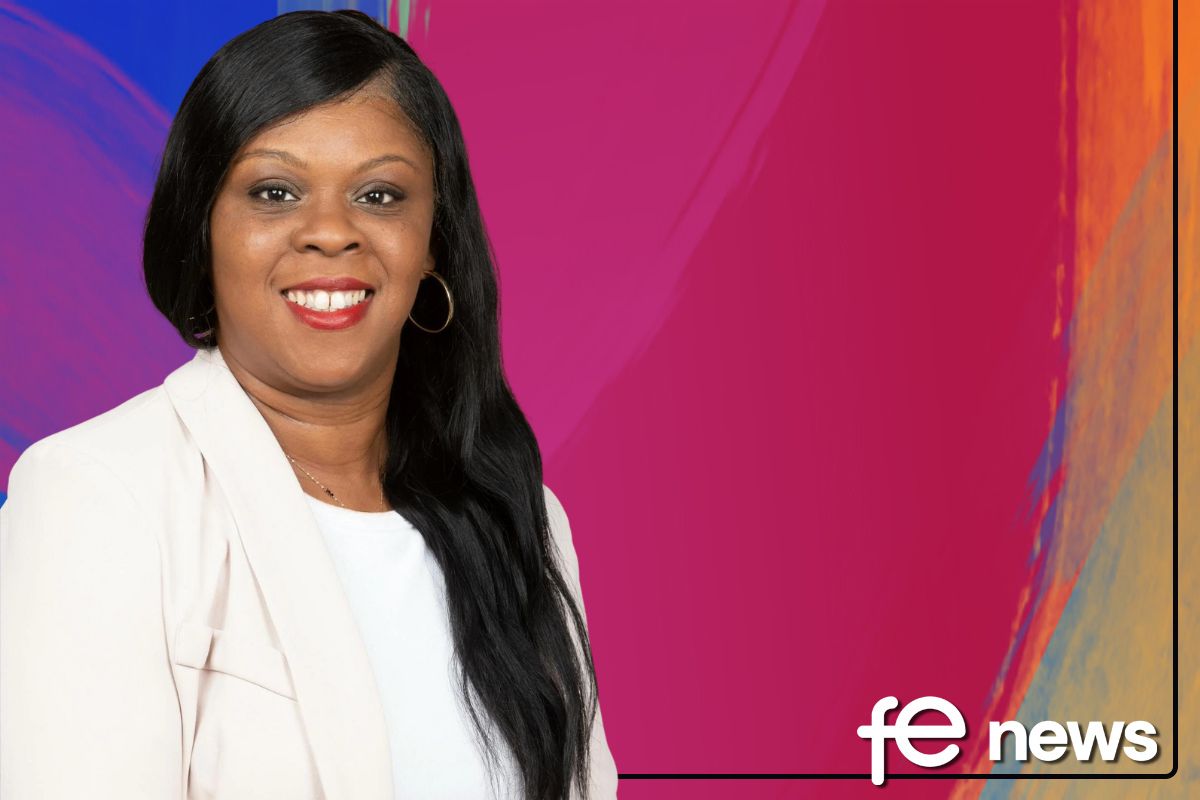

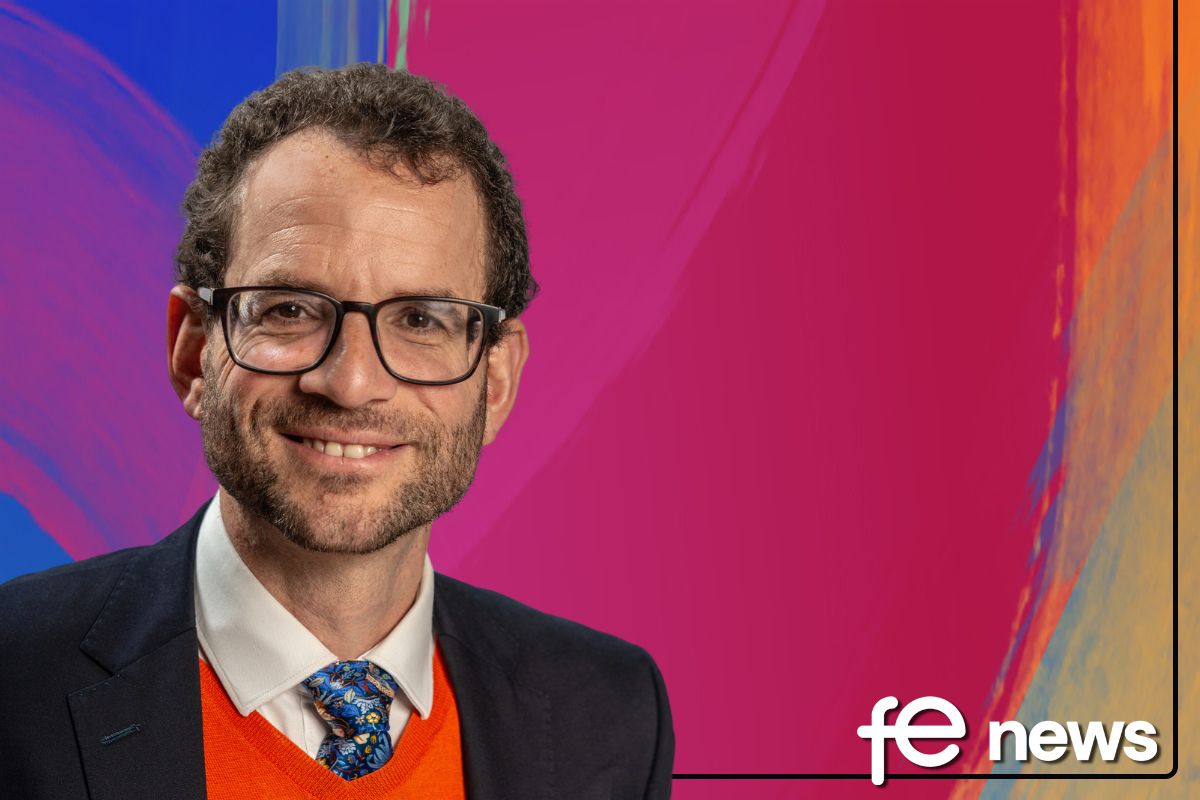
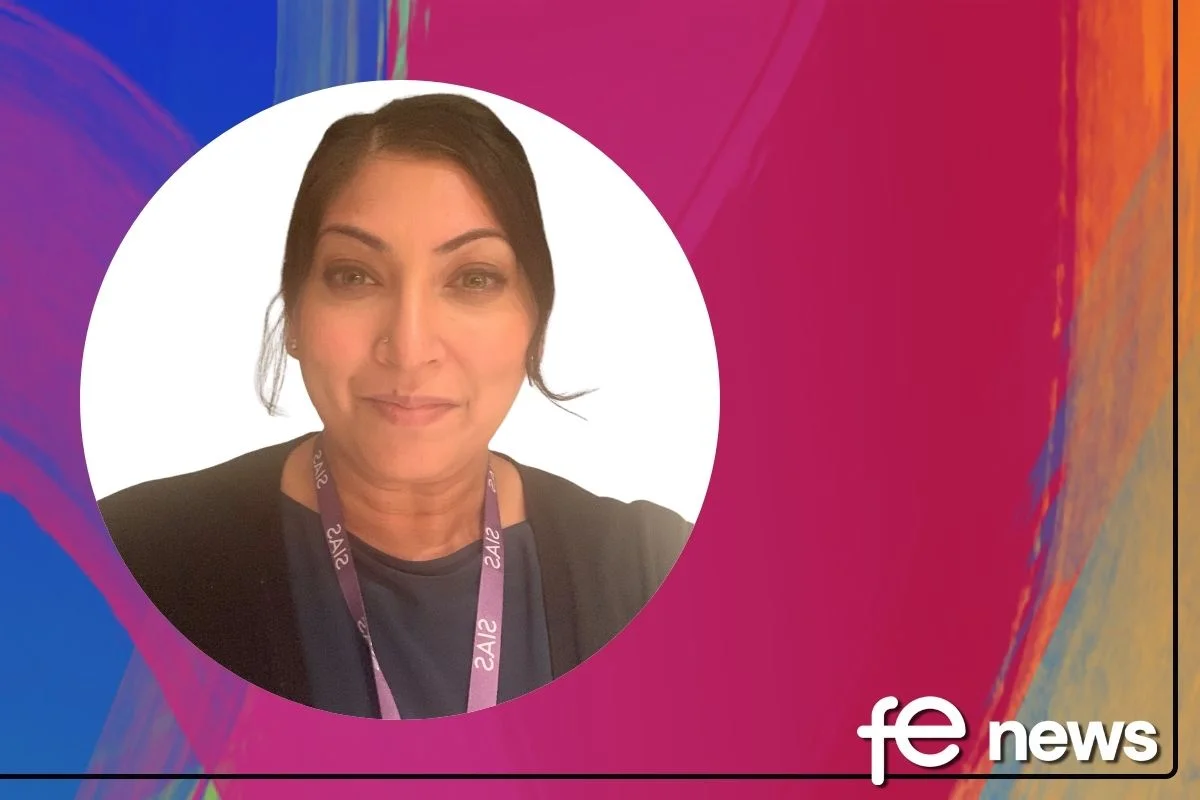


Responses